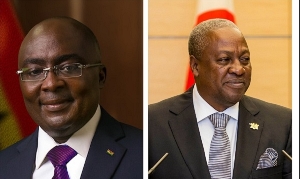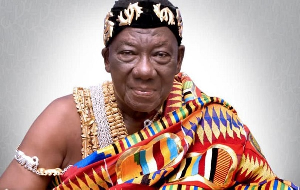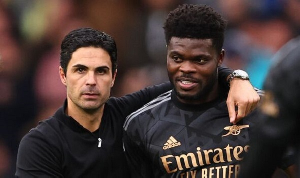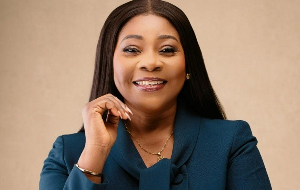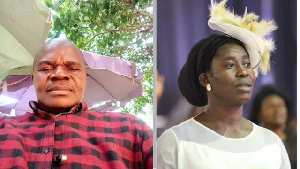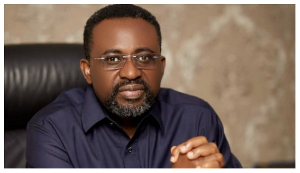The upcoming elections promise to be more than just a routine democratic exercise; they are shaping up to be a battle of ideologies, visions, and personalities that could redefine the country's trajectory.
At the centre of this political drama are two figures: John Mahama of the National Democratic Congress (NDC) and Dr. Mahamudu Bawumia of the New Patriotic Party (NPP). Their careers, contributions, and visions for Ghana stand in stark contrast, offering the electorate a clear choice with far-reaching implications.
John Mahama, a seasoned politician, has served Ghana in various capacities over the past two decades, including as a Member of Parliament, Vice President, and President. His tenure has been a blend of achievements and controversies. Initially, as Vice President under the late Mills, Ghana's economy showed promising signs of strength. However, his presidency was marred by significant challenges, including leadership crises, economic downturns, and corruption scandals. Critics argue that Mahama's administration struggled with governance, leading to increased public debt and a notorious power crisis. Despite these setbacks, Mahama is staging a comeback, advocating for a 24-hour economy to revitalize Ghana. Yet, questions linger about the feasibility of his proposals and whether he can truly navigate Ghana out of its current predicaments.
On the other side of the spectrum is Dr. Bawumia, whose entry into the public sphere was as Deputy Governor of the Bank of Ghana before venturing into the political arena. Unlike Mahama, Bawumia's political journey does not include a stint as a Member of Parliament, yet his influence within the NPP and his role as Vice President under Nana Addo's administration have been significant. Bawumia's tenure as Vice President is noted for its vibrancy and a focus on digitization, positioning him as a figure of progress and innovation. His vision for Ghana transcends mere political gains; it's about embedding sustainable solutions and leveraging digitization to propel the nation forward. His proposal of "72 bold solutions" outlines a roadmap that promises to address Ghana's challenges head-on.
The choice between Mahama and Bawumia is not just a political decision; it's a referendum on the future direction of Ghana. Voting for Mahama could mean entrusting the nation's fragile economy to someone whose previous administration struggled to meet public expectations. There are concerns about whether Mahama can effectively implement his vision within a four-year term and whether his return would merely recycle past problems. The dilemma extends beyond Mahama's term—what vision would his successor within the NDC carry forward? This potential for a disjointed approach to governance underscores the critical nature of this election.
Conversely, Bawumia represents a departure from the status quo, offering a blend of youthful vigour and innovative thinking. His focus on digitization and economic reform presents a compelling case for a Ghana poised for growth and development. The question that looms large is whether Ghana is ready to embrace this change and rally behind a leader who promises not just solutions but a reimagined future.
As this narrative unfolds, it beckons every Ghanaian to partake in a dialogue that transcends partisan lines. The upcoming election is more than a contest of personalities; it's about choosing a path that aligns with the collective aspirations of a nation yearning for progress. It's a moment for reflection, for reasoned debate, and ultimately, for making a decision that will shape Ghana's destiny. In the end, the choice will not just reflect the nation's present desires but its commitment to a future defined by prosperity, integrity, and visionary leadership.
Opinions of Monday, 26 February 2024
Columnist: Isaac Ofori

